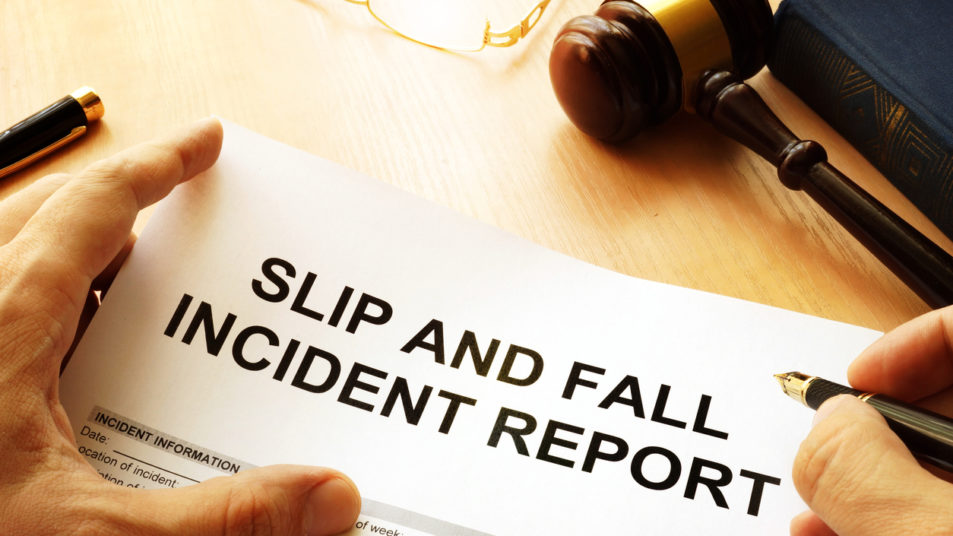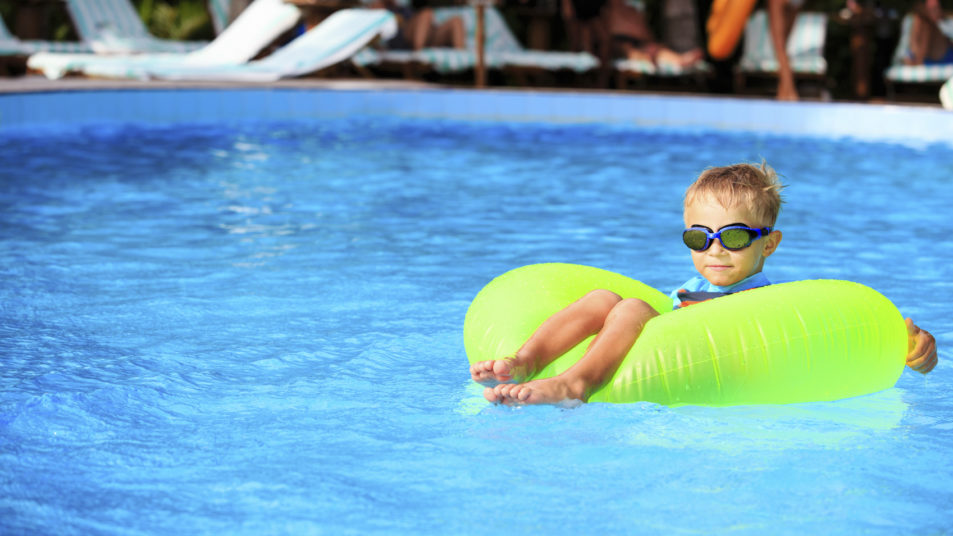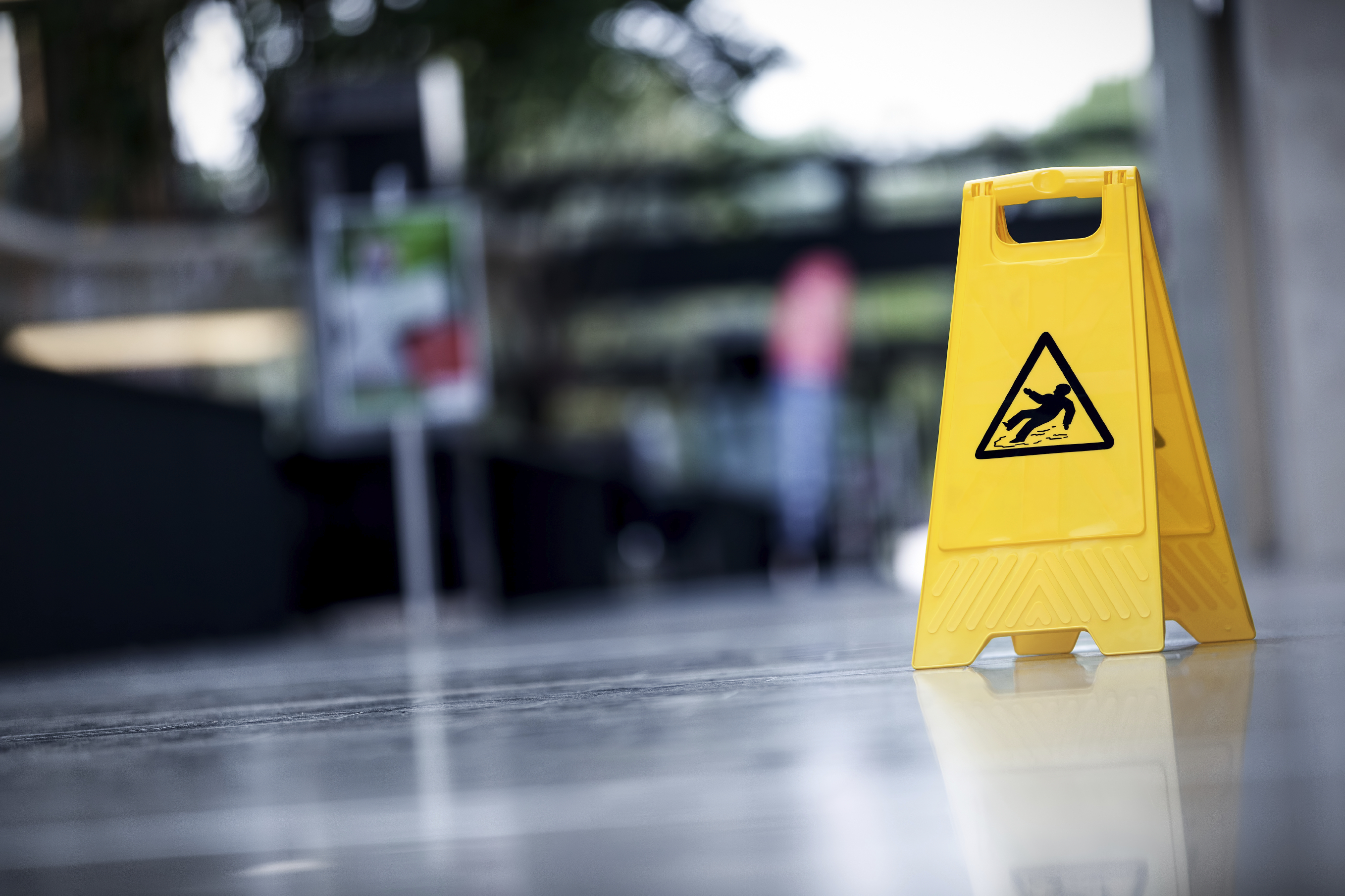Can I Sue the Government If I Trip and Fall On the Sidewalk?
The short answer is yes. You can sue the government if you trip and fall on a sidewalk. The long answer is it depends on several factors that determine if you will be successful in a claim against the government for an injury sustained from falling on a sidewalk. These factors include what type of case it is, what evidence you have to prove the government’s fault, and if you have standing to sue.
What Type of Case Is It?
A trip and fall on a sidewalk is a personal injury claim. In legal terms, these types of accidents are called slip and falls. You and your attorney will need to research the appropriate defendant. Remember that the government will only be responsible for injuries that happen on public walkways and sidewalks. If your injury occurred on a private walkway, you will not be able to sue the government.
Once you know the appropriate local government entity to sue, you will need to file your claim in civil court. There are several things that you and your attorney will need to prove to show that your injuries were caused by the government entity and that they should compensate you because of it.
What Do You Need to Prove to Sue the Government?
In most personal injury claims, including slip and falls, you will need to be able to prove negligence on behalf of the person you are suing. Negligence is a failure of a person or entity to behave to a certain level of care that another person or entity would usually perform at. In basic terms, this means that the entity did not act as a comparable entity would act in the same circumstances.
To prove negligence, you will need to show that there was both a duty of care and that there was a breach of that care. Duty of care means that someone has a responsibility to not cause harm to another. This can also mean that an entity has a responsibility to make sure harm is not caused by their action or inaction on a matter. In a slip and fall on a sidewalk, the duty of care would be what type of responsibility the government has to make the sidewalk safe for individuals.
A breach of that care means that you have established a duty of care and the level of care was not met. The person or entity responsible for that care has then breached their duty. In a sidewalk slip and fall, this could be for a number of reasons including not maintaining the sidewalk or having hazards on the walkway that make it dangerous for pedestrians. Additionally, there could be a defect in the way and manner that it was built.
When Can You Sue the Government?
First, there must be negligence by the government that caused your slip and fall on the sidewalk. If there is no negligence, you will not be successful in your lawsuit. Second, you must have standing to sue. This means that you are the person who was injured, there was an actual measurable injury, and the entity you are suing is responsible for your injury.
Even if you can prove that there is negligence, there are still issues that you may encounter that make suing the government impossible. For example, many state and local governments have specific rules about suing them for a personal injury. These are usually strict procedural steps that must be followed to be able to get any damages for your injury. Government entities usually also have limits on how much money you can recover and on the time you have to make a claim.
The most common reason for a slip and fall on a public sidewalk is weather conditions like ice, snow, or rain. In general, a state or local government is not responsible for keeping sidewalks clear in front of private residences. They are however usually responsible for clearing sidewalks in commercial areas. This means that where you got injured also matters on whether you can sue or not.
Why Sue the Government For a Slip and Fall Injury?
Most people make the decision to sue someone or an entity for an injury for two main reasons. One, they suffered an injury and they want compensation to help pay for medical bills and other things like lost wages they couldn’t make while they were recovering. Another reason is that people want to make sure that the unsafe condition that led to their injury won’t reoccur and hurt anyone else.
Regardless of why they sue, it is possible to make a claim against the government for a slip and fall on a sidewalk if all of these conditions are met.


